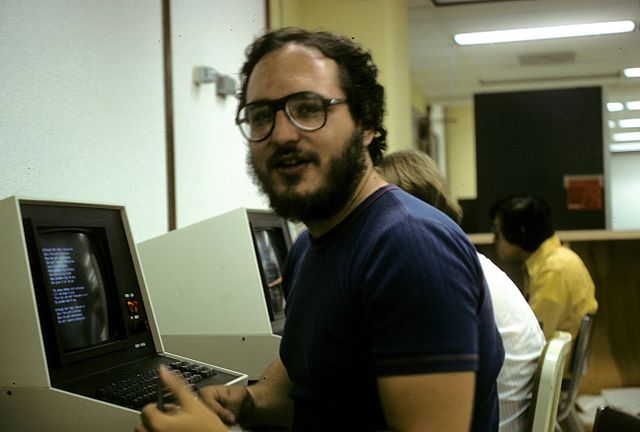Infinite photos and videos for every Wiki article ·
Find something interesting to watch in seconds
Famous Castles
Ancient Marvels
Celebrities
Countries of the World
Wonders of Nature
Sports
Richest US Counties
Kings of France
Supercars
Presidents
World Banknotes
Great Artists
Wars and Battles
Animals
Largest Palaces
Orders and Medals
Great Museums
Recovered Treasures
History by Country
Crown Jewels
Rare Coins
British Monarchs
Best Campuses
Largest Empires
Great Cities
Tallest Buildings
more top lists



